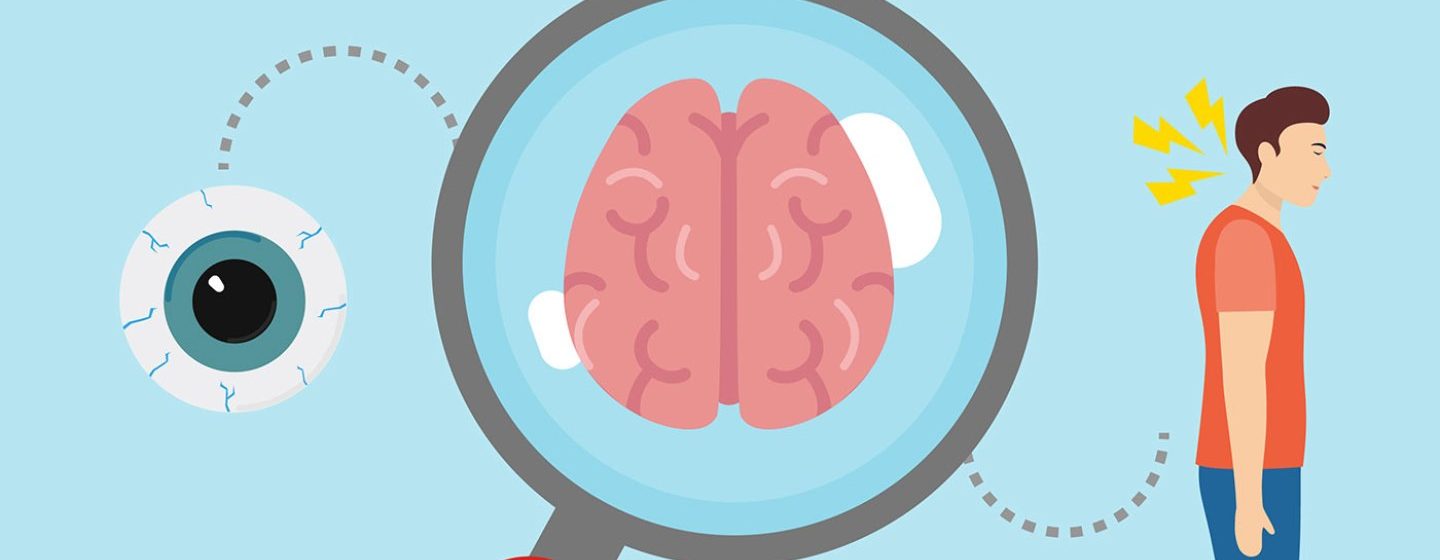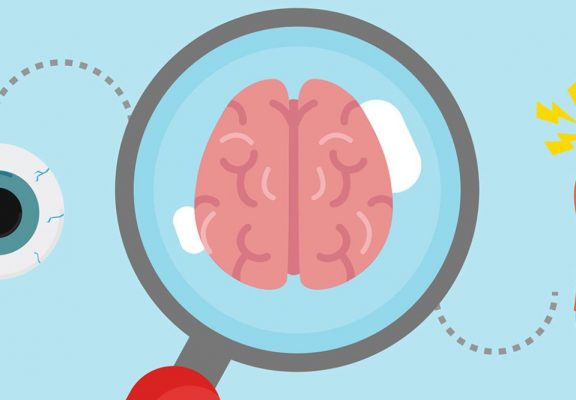

World Multiple Sclerosis (MS) Day
MS is a chronic immune disease that primarily affects the central nervous system and leads to a variety of symptoms whose strength and severity vary from person to person.
Causes:
The cause of multiple sclerosis is unknown. It’s considered an autoimmune disease in which the body’s immune system attacks its own tissues. In the case of MS, this immune system malfunction destroys myelin (the fatty substance that coats and protects nerve fibers in the brain and spinal cord).
Types of MS:
- Relapsing-Remitting MS (RRMS): this is the most common form of multiple sclerosis (80-90% of cases).
- Secondary-Progressive MS (SPMS): (30% of cases), symptoms worsen more steadily over time.
- Primary-Progressive MS (PPMS): occurs in 5-15% of patients with MS.
What is the prevalence rate globally? Who are the most vulnerable groups?
- The estimated number of people with MS in the world has increased to 2.3 million.
- Multiple sclerosis favors women over men by a ratio of nearly 2 to 1, and it strikes most often between the ages of 20 and 50.
MS and Pregnancy:
In general, pregnancy has no harmful effect on the long-term course of the disease. Women who have MS and wish to have a family can usually do so successfully with the assistance of their neurologist and obstetrician.
How to control Symptoms? What are available drugs?
Although there is no cure for MS at this point, there are drugs that help:
- Relieve the symptoms associated with the disease.
- Treating relapses or attacks.
- Modifying the course of the disease.
In addition to physical therapy, occupational therapy, psychotherapy, balanced food, to help patients live with the disease and improve their quality of life.
Treatment of severe symptoms:
It is used when badly needed or when symptoms start to affect the daily life.
Treatment of relapses and attacks:
Corticosteroids is given to patients at the time of the attack only (for three to five days) to speed up the recovery from the attack or at least mitigating it, a temporary treatment that does not affect the progress of the disease.
Disease-modifying treatment:
It works differently from one person to another; to reduce the associated attacks and the damage caused by the disease, so the degree of effectiveness may vary from person to person
Tips for living with MS for patients and their families:
To live with the disease:
- Patient and his family must understand the disease and its nature.
- Avoid stress and enjoy time with family and friends.
- Take a break when feeling tired.
- Maintain a daily routine as much as possible, taking into consideration your health condition.
- Avoid exposure to high temperatures such as sun heat, hot water shower and hot air.
- Eat healthy balanced food to maintain a healthy weight.
- Exercise whenever possible.
- Remember that negative emotions and thoughts are associated with chronic illness, so try to ignore them and create an atmosphere far from them.
- Avoid difficult tasks, otherwise, seek the help of someone.
- Use modern technologies to record important events and to do tasks, or writing them on papers and placing them on a clear place or use a voice alarm.
- Talk to professionals about your concerns, problems, and ideas.
- Join support groups, and meet people with the same health condition.
Official Date:
Globally: May 30th,
Latest Developments in MS Treatment:
For many decades up to know, several researches have been conducted for the treatment of MS. Thanks to these researches, the overall picture of the disease is significantly different from the past:
- Thanks to the MIR, it is easy to detect and diagnose the disease early; thus, initiating treatment plan and reducing the progress of the disease and exacerbation of symptoms.
- In an unprecedented development, US Food and Drug Administration has approved more than 10 drugs for the treatment of MS.
- Researches are ongoing to study the causes of the disease and to reduce its spread and help to reduce it even in its early stages.
- Researches contributed to improving the quality of patients’ lives by identifying and treating the symptoms associated with the disease and how to treat them.

